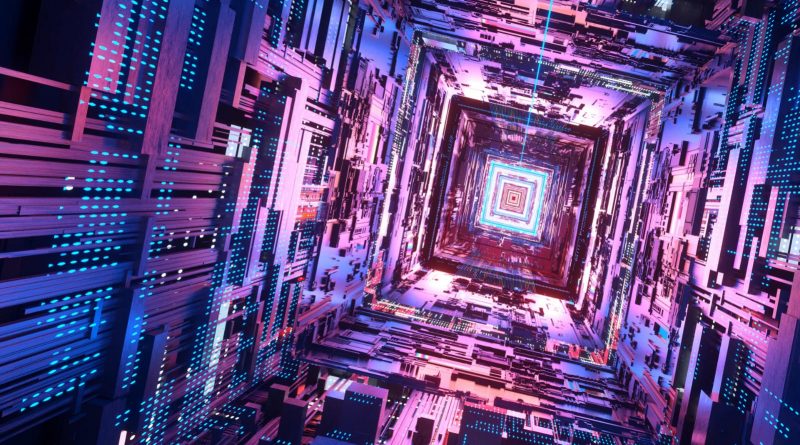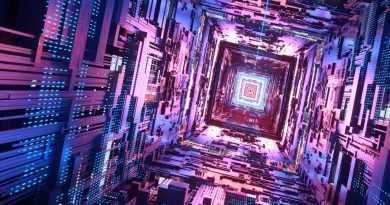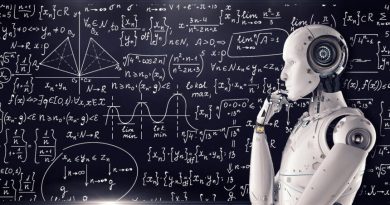Qbits quantum computer
Qubits - quantum computers
Qubit computers are a type of quantum computer in which the basic unit of information being processed is a qubit. Unlike conventional computers, which are based on bits that have only two states (0 or 1), a qubit can be in a variety of states simultaneously, allowing it to store and process much more information than conventional computers.
In the future, it is expected that qubit computers will be able to perform certain tasks quickly and efficiently that are impossible or very difficult for conventional computers to solve. Some of the most important applications of qubit computers are the simulation of materials and chemical processes, the optimization of logistical networks and the solution of complex mathematical problems. They are particularly strong in cryptography, as they are able to quickly decrypt certain types of encryption that are difficult for conventional computers to crack.
In recent years, there has been a lot of progress in the development of qubit computers. Companies such as Google, IBM and Alibaba have already developed working prototypes of qubit computers and are working to improve their performance and reliability. It is expected that more and more companies and research institutions will enter the field of qubit computer development in the coming years.
One challenge in the development of qubit computers is the suppression of errors caused by the sensitive nature of qubits. Scientists are working on various technologies such as error correction codes and topological qubits to minimize these errors. Another important factor is scalability, which allows increasing the number of qubits to increase the performance of the computer.
Overall, the future of qubit computers is very promising and it is expected that they will be able to perform a variety of tasks.





